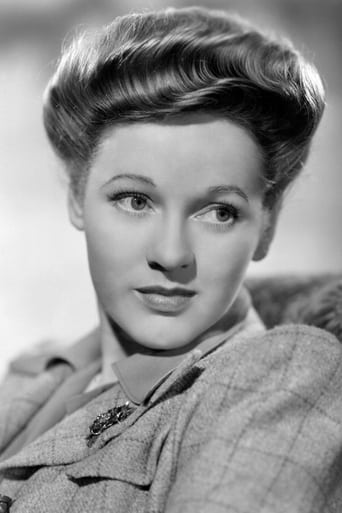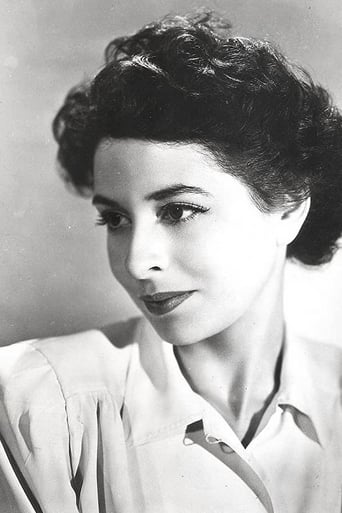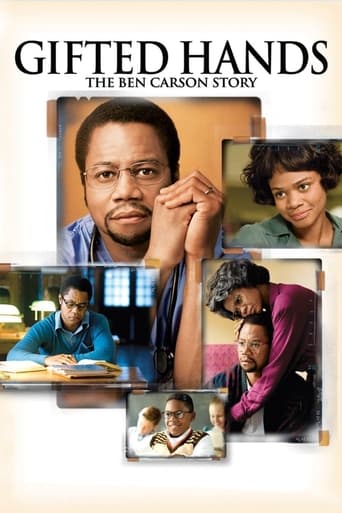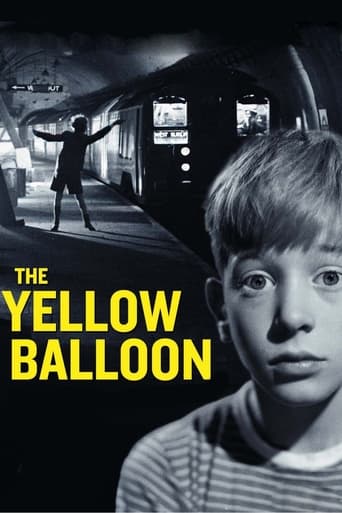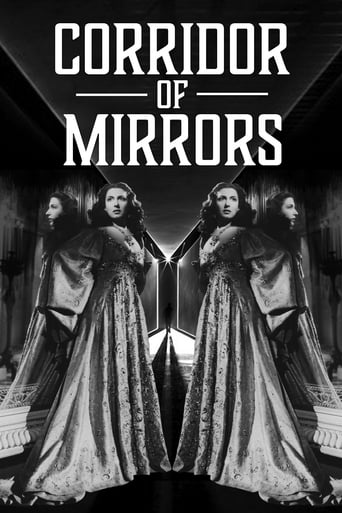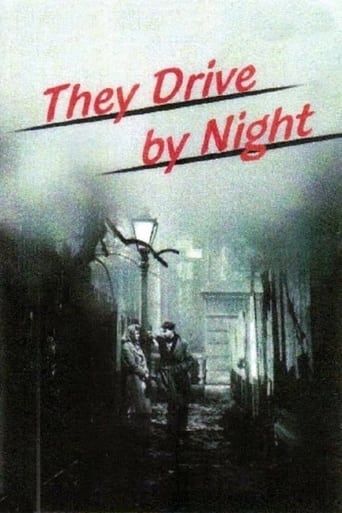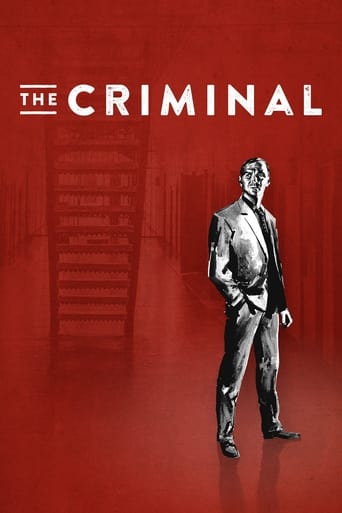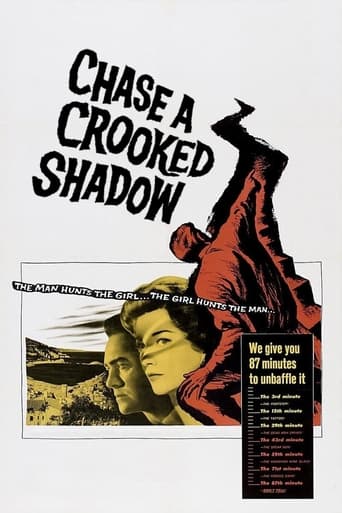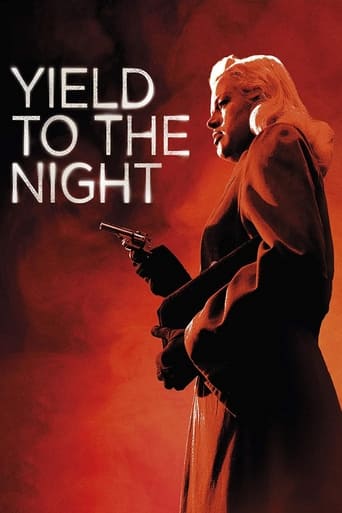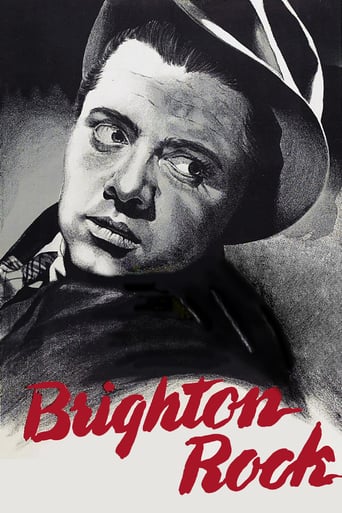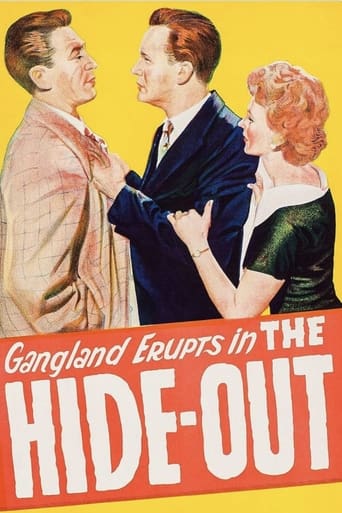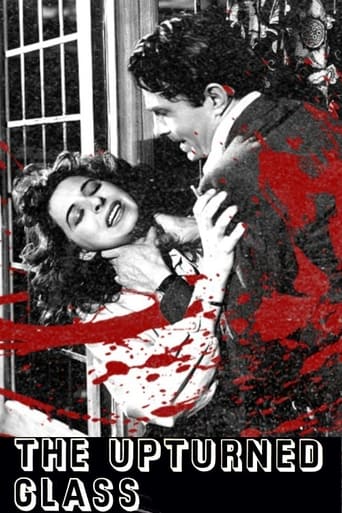
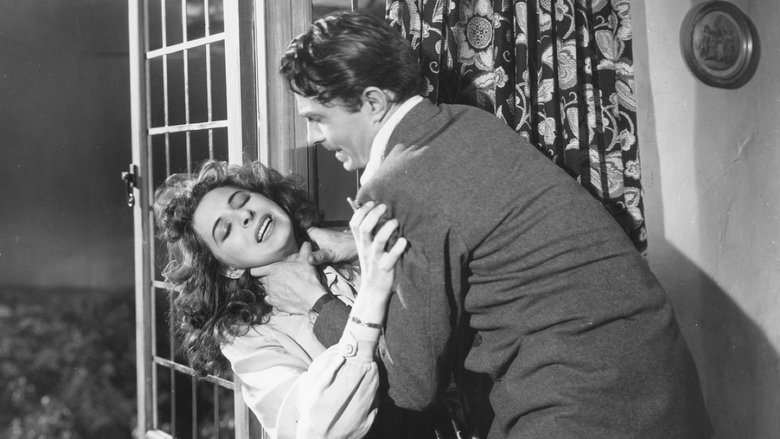
The Upturned Glass (1947)
A neurosurgeon relates to his students in medical school a story about an affair he had with a married woman and how after the affair was over, the woman fell out a window and died. The surgeon, suspecting that she was murdered, set out to find her killer -- but, instead of turning the suspect over to the police, he planned to take his own revenge on the murderer.
Watch Trailer
Cast
Similar titles
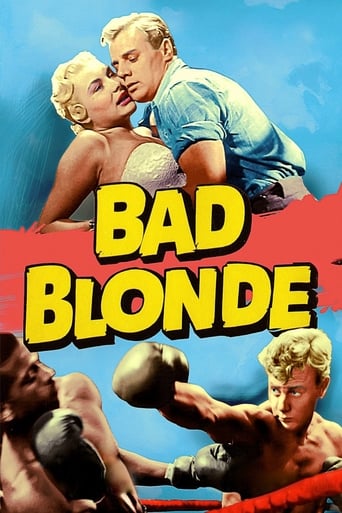
Reviews
Best movie of this year hands down!
It's hard to see any effort in the film. There's no comedy to speak of, no real drama and, worst of all.
It's entirely possible that sending the audience out feeling lousy was intentional
By the time the dramatic fireworks start popping off, each one feels earned.
This is a very unusual and intelligent thriller, like most thrillers involving doctors usually are. It is the first of James Mason's very few own productions and features his own wife, Pamela Mason, here Pamela Kellino, as the second of the two ladies he is involved with, both of them leading to disaster. The intrigue cleverly leads astray at times while at the same time it sharpens as the doctor (James Mason) finds his own case constantly more crucial. He stages a kind of mock trial with himself by giving a lecture at the medical theatre with all rows filled with young attentive students, and one student almost sees through his show and sharpens his case even further. Is he in control or is he not? Has he the right to judge what's right or wrong or has he not? The film poses many questions, and the questioning becomes increasingly more critical, until in the end he is faced with the final trial as a doctor, when an emergency calls on him to perform one more brain surgery. It's the doctor who assists him who puts him to the final test, and these scenes are the most interesting and important in the film. James Mason as the doctor has no other choice than to be consistent with his own argument and conclude his own case after having received an understated sentence by his elderly colleague. It's a remarkable film, not for its direction, which could have been better, but for its very thought-provoking story with the presentation of a case which not even doctors could in any possible way be called upon to give a fair judgement of. The tragedy of this case is that James Mason, one of the best actors ever, a constantly brooding romantic hero, more Hamletian than Byronic, has no other choice, which probably no one could reasonably disagree with.In addition, you can't help recognizing some details here from other, later films, that boast its influence, especially Hitchcock's "Vertigo", displaying the identical problem of a man's involvement in two women related with each other, Hitchcock much developing the theme to an equally crucial crisis but in another direction, while the very vertigo scenes Hitchcock must have got the idea of from here.It should also be noted, that John Monaghan, the script writer, appears as an extra (the truck driver), He made some similar appearances in some films, but this is the only film he wrote, with Mrs Mason as co-script writer. The intrigue with its complications and arguments is so psychologically interesting, that you find more in it each time you see it. For that reason, in spite of its flaws, I will give it a full 10.
One of the earlier reviewers suggested that the film takes "the easy way out." I partially agree, but think that the real reason for the disappointing finale was the censors. They, in their moral righteousness, did their very best to ruin any number of UK and American films. In this case, the ending makes little sense. Otherwise, a very satisfying early addition to the film noir genre. The photography and pacing are perfect and carry the bleak mood. A minor quibble is that the notion of the lovers breaking off wasn't totally credible, but then, perhaps it was a different moral universe in the 1940s. Mason, as always, is excellent to the point that the viewer cannot take his eyes off of him (not that one would want to). Pamela is a hateful character, as from all reports, she was in real life.
This film was released at the height of the interest in psychological thrillers.the film starts up quite slowly works up to a crescendo and then rather falls flat at the end.It is nevertheless an intriguing film in many ways.Mason has it fixed in his mind just how easy it would be to kill Kellino.However the reality is that it turns into a violent struggle with him ending up strangling her then tossing her out the window.This rather anticipates the scene in Hitchcock's Torn Curtain with the gruesome killing of the Stasi agent.One wonders if Mason wished he had gone through with the actual deed bearing in mind his acrimonious divorce from Kellino a few years later!There is mention of an upturned glass but its meaning is never properly explained.At the end Mason commits suicide by leaping off a cliff.This is incorrect for 2 reasons.Firstly nowhere in the description of Paranoia,is there an indication that the symptoms include suicidal tendencies.Also there are no chalk cliffs near Portsmouth.One final point.I wonder if the American censors office asked for a change of endings.They would not sanction a suicide by a criminal as they considered it a mortal sin.Also they insisted on moral compensating values ie the villain must pay for his sins.
In 'The Upturned Glass (1947),' Mason stars as a prominent neurosurgeon giving a lecture on criminology. He offers the case study of Michael Joyce, an upright British gentleman – considered perfectly sane by the good doctor – who is driven to commit murder by "his own ethical convictions." The film's first half is a slow, steady narrative build up, but the final act is perfectly suspenseful. Our poor protagonist, having just committed the ultimate crime, has a ridiculous time trying to dispose of the body without detection– in the classic noir mould, one inconvenient encounter after another! Michael Joyce (whom we learn is none other than the lecturer himself) has convinced himself that, unlike most common thugs, he has a superior moralistic justification for committing murder. 'The Upturned Glass' was released four years after the close of WWII, and was likely intended as a critique of state-sanctioned (that is, "justified") mass murder; Mason, the film's producer, was famously a conscientious objector during the war, a view which caused much consternation among his family. To keep you guessing, there are also a few red herrings that Hitchcock would have loved – and this is three years before 'Stage Fright (1950)' wrote the book on red herrings. However, the film ends on a definite moralistic note, suggesting the lengths to which one will go to maintain the delusion of sanity, and questioning whether it is even possible for a sane person to commit murder. Even the impromptu saving of a young girl with brain injuries does not offset a murder already committed, and Michael Joyce dies by his own hand. I couldn't help feeling that Joyce, and perhaps the film, were taking the easy way out.

